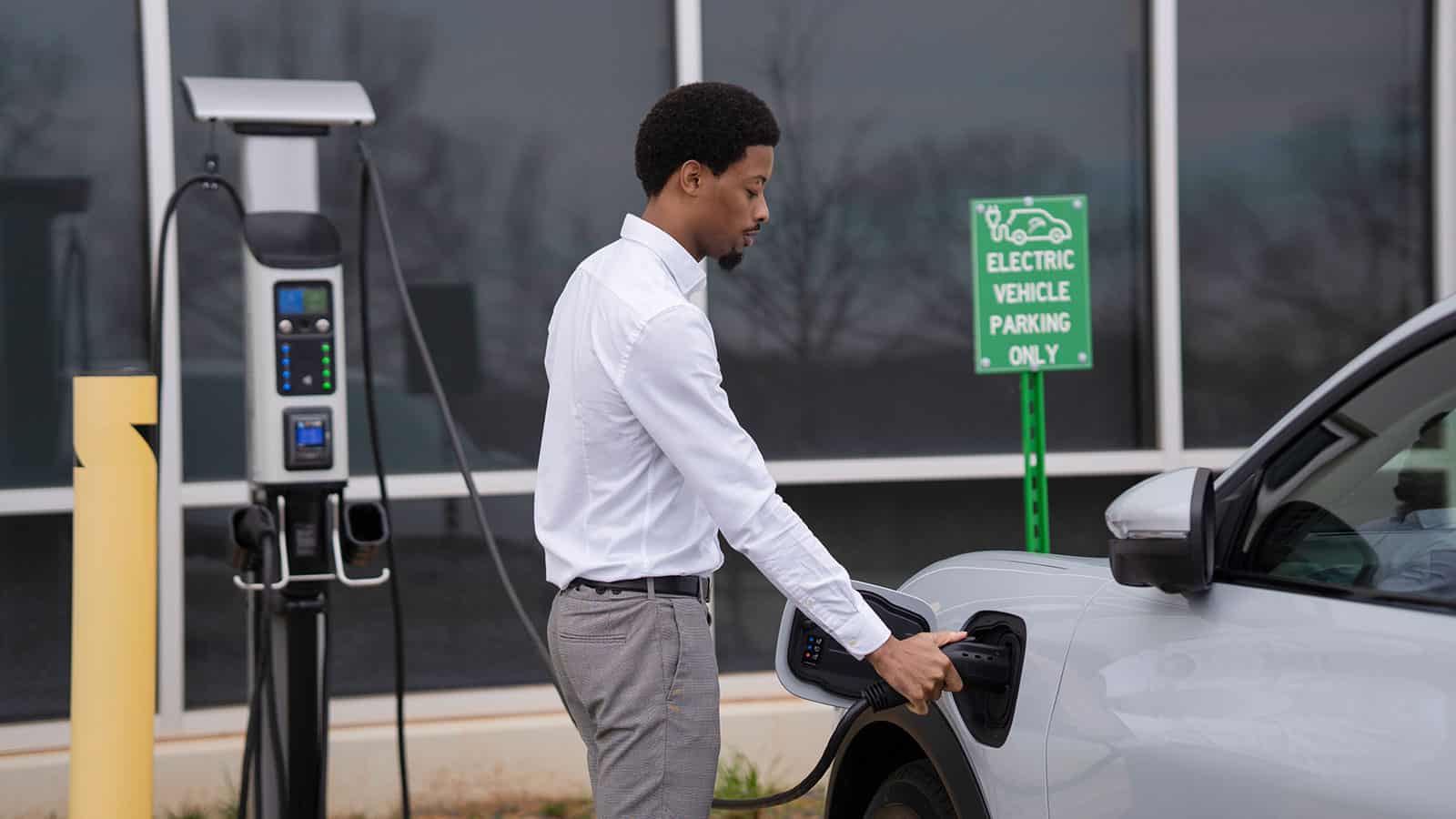Everything You Should Know Before You Decide to Buy EV Charging news
Wiki Article
New Dope in EV Charging: How the Sector Is EVolving to Satisfy Need
As the electric vehicle (EV) market proceeds to broaden, the charging facilities is undergoing significant changes to attend to the rising need. The ramifications of these developments raise vital concerns about the future of EV billing and its function in the more comprehensive energy environment.Growth of Charging Facilities
The fast growth of electrical vehicle (EV) charging framework is a critical element in promoting the widespread fostering of electrical movement. As federal governments, exclusive companies, and customers increasingly identify the value of minimizing carbon emissions, investments accountable networks have surged. This framework development is important to relieve range anxiety, making sure that EV customers have hassle-free accessibility to charging stations.Considerable improvements in billing station technology and implementation methods have emerged. Urban areas are seeing a proliferation of public billing terminals, while rural regions are progressively being integrated into the billing network. Partnerships between auto suppliers and billing providers are coming to be extra common, facilitating the facility of extensive networks that boost individual experience and ease of access.
Furthermore, the assimilation of sustainable energy sources into charging stations is getting momentum, promoting sustainability in the EV community. This transition not only supports environmental objectives however additionally lines up with the rising demand for eco-friendly energy solutions amongst consumers.
Ultra-Fast Charging Technologies
Ultra-fast billing innovations represent a considerable leap onward in the EV charging landscape, making it possible for electric lorries to charge in a portion of the moment compared to typical charging approaches. These technologies generally supply power levels going beyond 150 kW, with some systems rising to 350 kW or more, significantly lowering billing times to as little as 15-30 minutes for a significant cost.Key enabling innovations include developments in battery chemistry, power electronic devices, and thermal management systems. As an example, high-capacity batteries with improved thermal security permit for faster charging without overheating. Additionally, growths accountable framework, such as liquid-cooled cable televisions and modular billing terminals, help with efficient power transfer, improving the total customer experience
Major vehicle manufacturers and innovation companies are proactively purchasing ultra-fast charging networks, acknowledging the essential role they play in overcoming variety anxiousness and increasing the fostering of electric vehicles. As these modern technologies come to be extra commonly readily available, the EV market is anticipated to witness significant development, making electrical movement a more appealing option for customers. Generally, ultra-fast billing technologies are critical fit the future of lasting transport, leading the means for an extra efficient and extensive charging environment.
Smart Grid Assimilation

Via demand reaction techniques, clever grid systems can change billing timetables based upon grid problems and electricity pricing. During durations of high demand, charging can be postponed to off-peak hours, resulting in reduced costs for customers and lowered strain on the grid. Additionally, vehicle-to-grid (V2G) technologies make it possible for EVs to release energy back into the grid, boosting and offering ancillary solutions grid security.
Assimilation with renewable resource resources additionally boosts the sustainability of EV charging. By straightening charging activities with periods of high solar or wind generation, wise grids advertise a greener billing framework. Eventually, smart grid combination not just sustains the growing demand for EVs yet likewise adds to a more lasting and durable energy future, placing the industry for long-lasting success.
Battery Technologies
In the middle of the rapid evolution of electric lorries (EVs), battery technologies stand at the forefront, driving advancements in performance, sustainability, and performance. As the demand for EVs surges, suppliers and scientists are concentrating on boosting battery innovations to attend to difficulties such as array stress and anxiety and billing times.Lithium-ion batteries remain the most extensively made use of modern technology, yet brand-new products and chemistries are emerging to boost power thickness YOURURL.com and longevity. Solid-state batteries, for example, promise greater power storage space ability and improved safety and security by changing fluid electrolytes with solid ones. This change could considerably lower the threat of fire and enhance the life expectancy of batteries.
Moreover, innovations in battery reusing processes view publisher site are important for sustainability. Business are establishing methods to recuperate useful materials like lithium, cobalt, and nickel from utilized batteries, promoting a circular economic climate and minimizing ecological influence.

Worldwide Charging Requirements
Efforts are underway to establish worldwide billing requirements that facilitate compatibility among different EV versions and billing stations. Organizations such as the International Electrotechnical Commission (IEC) and the Culture of Automotive Engineers (SAE) are working collaboratively with automobile makers and power companies to create extensive guidelines. EV Charging news. These requirements aim to enhance the billing process, lower the requirement for multiple adapters, and enhance user experience
Additionally, standardization can dramatically bolster the expansion of the charging network, as it urges financial investment by making framework development much more foreseeable and efficient. As the EV market matures, a unified approach to charging criteria will certainly be important for guaranteeing that customers can charge their vehicles conveniently and reliably, consequently supporting the wider transition to lasting transport.
Verdict
The electrical car billing sector is going through considerable transformation to address the surging need for lasting transport. Advancements in billing infrastructure, ultra-fast technologies, clever grid assimilation, and ingenious battery services are crucial in enhancing user experience and operational effectiveness.Urban areas are seeing a proliferation of public charging terminals, while country areas are slowly being integrated into the charging network. Furthermore, growths in billing framework, such as liquid-cooled cords and modular billing terminals, promote reliable power transfer, enhancing the total individual experience.
Overall, ultra-fast billing technologies are pivotal in shaping the future of lasting transportation, paving the method for a more effective and considerable charging ecological community. - EV Charging news
By aligning charging tasks with durations of high solar or wind generation, wise grids promote a greener charging framework.Efforts are underway to establish worldwide billing standards that facilitate compatibility among different EV designs and billing terminals.
Report this wiki page